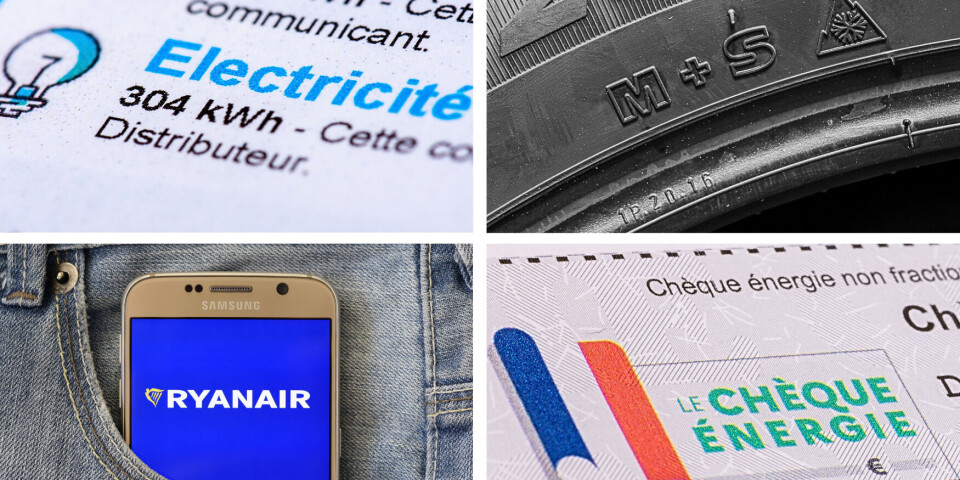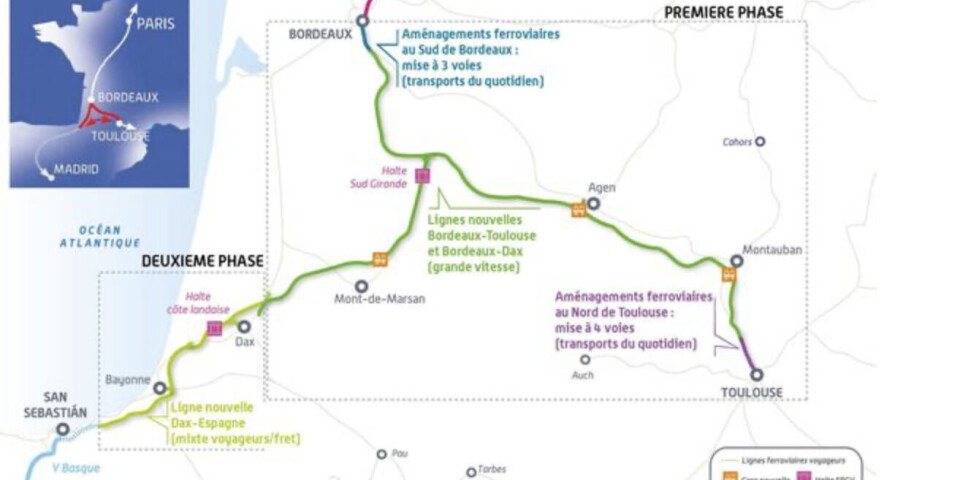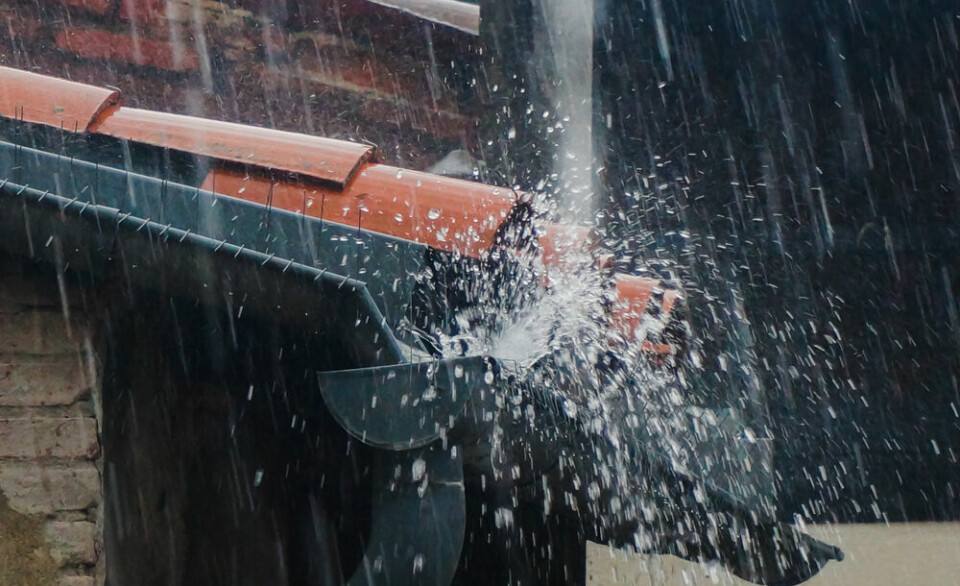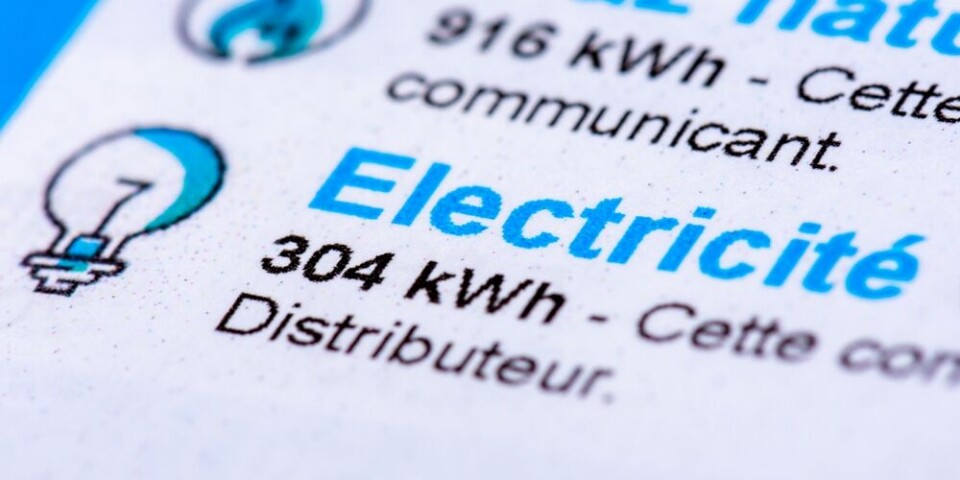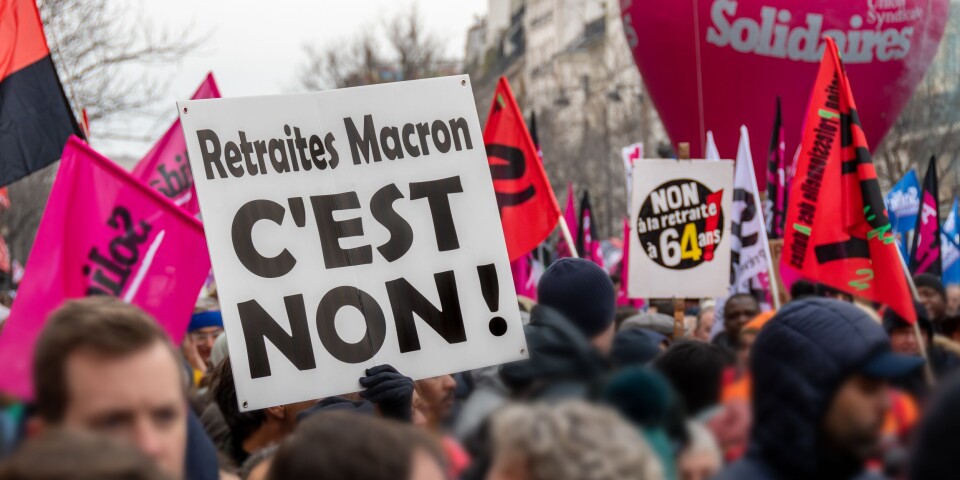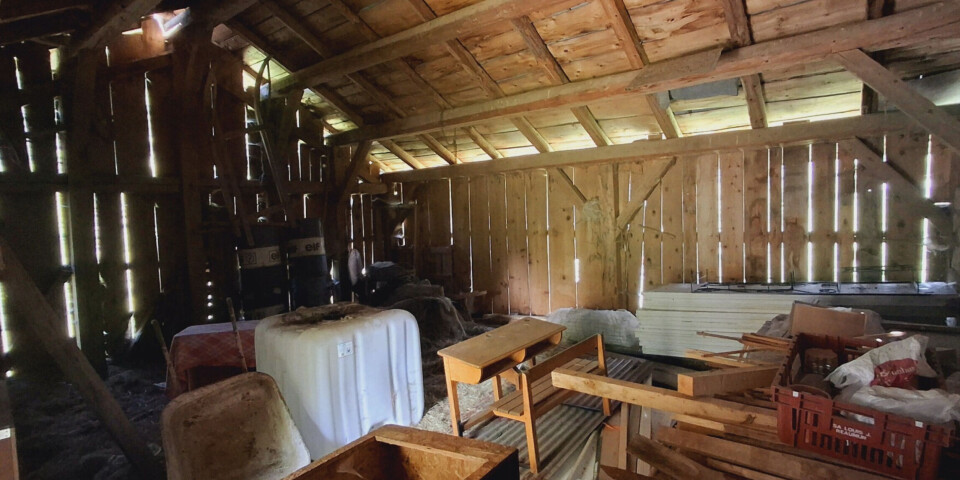What is French President's two-hour TV interview about?
Mr Macron is widely expected to announce new domestic policies on May 13
The president will address the nation as part of a two-hour interview
Gints Ivuskans/Shutterstock
French President Emmanuel Macron is widely expected to make a return to domestic politics during a two-hour televised debate tonight (May 13).
The president, who has focused on international issues such as the war in Ukraine and the election of US president Donald Trump in recent weeks, will be interviewed from 20:10 on the national TF1 channel.
Interviewers will include, and questions taken from, members of French society, ranging from YouTubers and social media influencers to leader of the CGT trade union Sophie Binet. However, no other politicians will interview the president.
Mr Macron is widely expected to use the time to announce major political plans over the coming months, potentially around the use of a referendum.
He is also expected to discuss current geopolitical events including the situation in Gaza, the war in Ukraine, and global tensions surrounding US tariffs and the election of Donald Trump.
The interviews are being seen by the president's camp as a way to launch political announcements, as opposed to a media exercise.
“It is not a question of re-establishing a relationship with the French. I leave that to the opposition, he is the president. The link [already] exists,” said MP and former government spokesperson Prisca Thevenot (quoted in FranceInfo).
What will the president discuss?
Although the details of the interview have not been confirmed, the president is expected to address two topics in particular – the 2026 budget, and the use of referendums for political issues.
In his 2025 New Year’s address – one of the last times the president directly spoke to the French people – Mr Macron hinted that he wanted to ask the French to ‘decide for themselves’ on certain important topics through the use of referendums.
The last time a referendum was held in France was in 2005, over the signing of the European Constitution.
The majority of people (54.67%) voted against it, but this was overridden by the Assemblée nationale and France eventually signed the treaty.
Tonight may be the time that Mr Macron makes a more concrete proposal to introduce one referendum – or several – on major topics.
Referendums may be related to one of any major topics currently at the centre of French politics, such as immigration, a reorganisation of the French state, or on plans to introduce euthanasia in France (currently being debated by the Assemblée nationale).
However, prime minister Franois Bayrou ruled out a referendum on immigration earlier this year.
More abstract topics such as a referendum on redefining France’s social model are also possible and could contain several questions on a range of topics.
Another possibility would be the use of a referendum on the 2026 budget, asking the population for their view on what should be included.
Prime minister François Bayrou and ministers cite the need to save €40 billion in the budget to stabilise France’s precarious financial position.
However, the lack of a majority of MPs in the Assemblée nationale backing the prime minister makes the passage of any budget uncertain, with Mr Bayrou needing to find allies either from the left or right.
One alternative is the dissolution of the chamber then new legislative elections, but the presidential camp may fear a further loss of seats to both the left and right, removing any slim remaining advantage they possess and forcing the president into a cohabitation government.
The president may use a portion of tonight’s interview to outline policies he believes necessary for the upcoming budget in an early bid to find support among MPs.
This could then be used as a basis for drafting the budget, with the government arguing that MPs voting against the bill they propose as going directly against the wishes of the French people (using the referendum as a basis for what the population wants).
In any scenario, Mr Macron is looking to avoid a repeat of this year’s budget, passed exceptionally late and leading to a vote of no confidence in former prime minister Michel Barnier.
President rarely commented on domestic politics for some time
Mr Macron has rarely commented on domestic affairs since the dissolution of the Assemblée nationale and the subsequent legislative elections of summer 2024, despite appointing two prime ministers during this time (incumbent François Bayrou and Michel Barnier, ousted in December).
The choice to keep a relatively low profile was perhaps part of a plan to prevent his approval rating from tumbling, after it reached a low-point at the end of 2024 and the start of 2025.
Between January and April 2025, his approval rating with the French population increased by 5% when he was mostly prominent on the world stage.
He “has been very much at the forefront of the European reaction to Donald Trump. There has been a rebound in popularity among electorates on the moderate left and right who are aligned with him on international issues,” said director of research at pollster Ipsos Mathieu Gallard to FranceInfo.
However Mr Gallard added: “Mr Macron sends out the image of someone who remains far removed from the concerns of the French,”.
The president only has a little over two years left at the Elysée palace – the constitution prevents him from running for a third consecutive term in 2027.
It remains to be seen whether he takes a more active role in domestic politics in these final two years, or if a fractured Assemblée nationale and international geopolitical events keep his eyes focused elsewhere.









